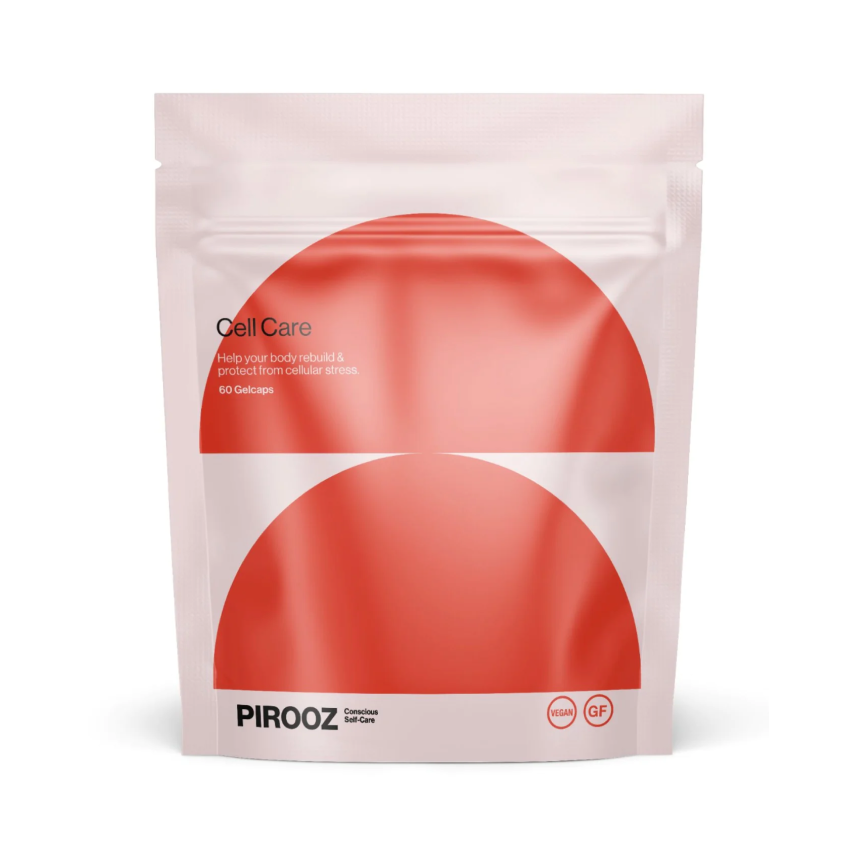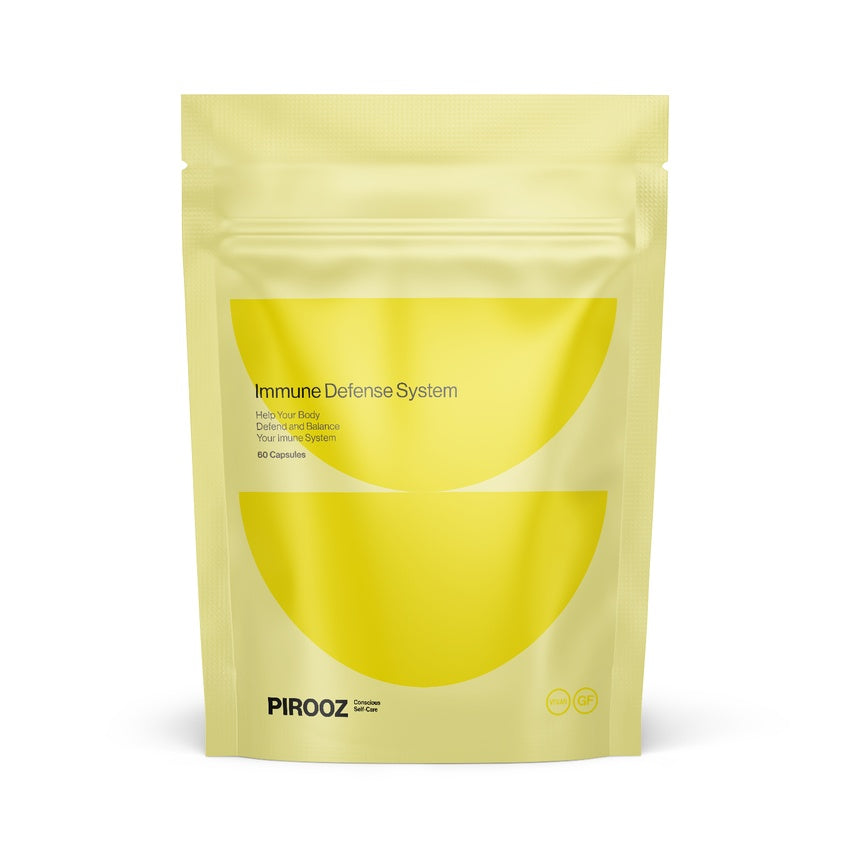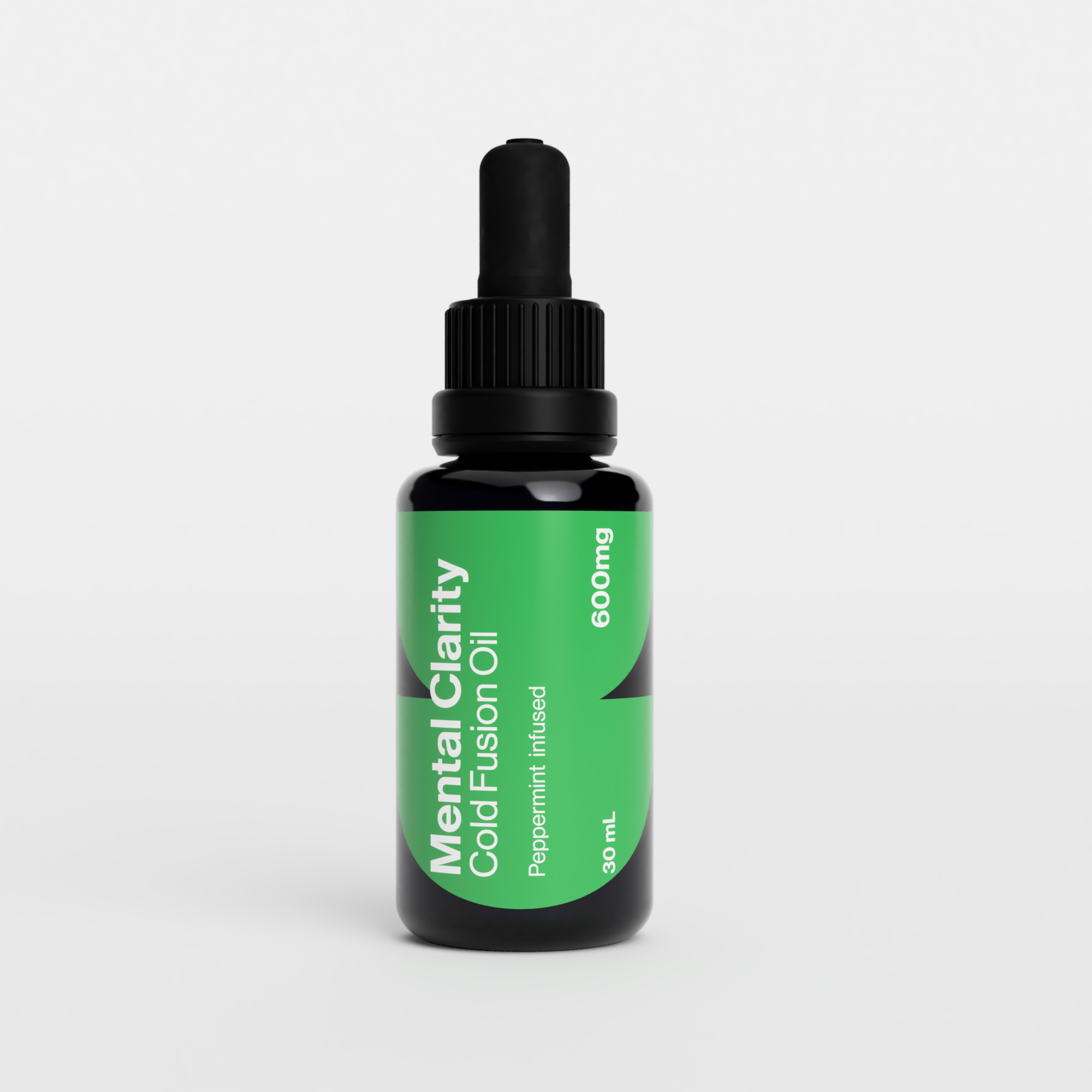How Does Astaxanthin Benefit Cell Care?
by
Gregory Martin Weber
on

Related Articles
Sidebar
Blog categories
This section doesn’t currently include any content. Add content to this section using the sidebar.
Recent Post
This section doesn’t currently include any content. Add content to this section using the sidebar.











